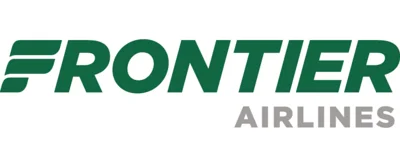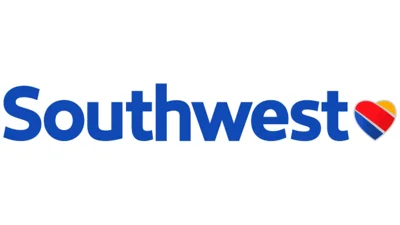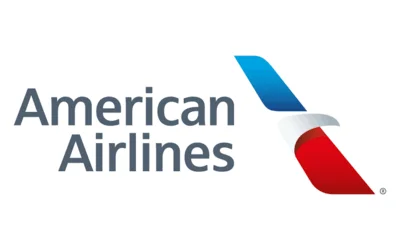The findings indicate that while a quarter of APAC businesses still view the United States as a key market, more than 40% plan to shift their trade focus over the next year towards intra-Asia (22%) and Europe (21%). Cost management and tariff transparency were identified as major management priorities. About 25% of respondents indicated a need for clearer information regarding advance tariffs and taxes or Delivered Duty Paid (DDP) fees. Additionally, 27% cited difficulties in keeping up with changing regulations as their biggest trade barrier.
FedEx is expanding its services to help businesses diversify supply chains and grow cross-border trade. Through its 'U.S. Tariff Hub,' FedEx provides updated information on tariffs, customs rules, and required documentation. It also offers AI-based tools for automated HTS code lookup and a 'Customs AI Chatbot' to assist shippers in accurately matching product descriptions with HTS codes. These initiatives aim to reduce customs delays and improve compliance accuracy.
To further support small- and medium-sized enterprises in accessing European markets from APAC countries including South Korea, FedEx operates a 'Go-To Europe Hub.' This hub provides local trade information through dedicated online resources such as educational videos and guidelines on its official website. In response to rising intra-Asia demand, FedEx has also introduced new direct routes between South Korea–Vietnam (via Guangzhou) and South Korea–Taiwan to strengthen regional connectivity.
Salil Chari, Senior Vice President of Marketing & Customer Experience for FedEx Asia Pacific region said: “FedEx works closely with customers as a trusted trade partner so they can access key markets efficiently,” adding “By combining deep regulatory expertise with innovative digital solutions and our robust global network, we’re helping APAC businesses enhance cost control and tariff transparency while reducing friction in customs processes so they can pursue growth opportunities across Asia Pacific and Europe.”
Park Wonbin, Managing Director of FedEx Korea stated: “In Korea we are seeing similar trends with shifts toward intra-Asia (33%) and Europe (41%) trade flows; cost management (37%) and securing tariff transparency (28%) remain top priorities.” He added: “FedEx supports Korean companies’ adaptation to regulatory changes by leveraging our expertise in customs clearance alongside advanced digital solutions so domestic firms can flexibly respond to change. We are committed to building smarter supply chains so our customers maintain competitiveness amid global market shifts.”
 Alerts Sign-up
Alerts Sign-up





































